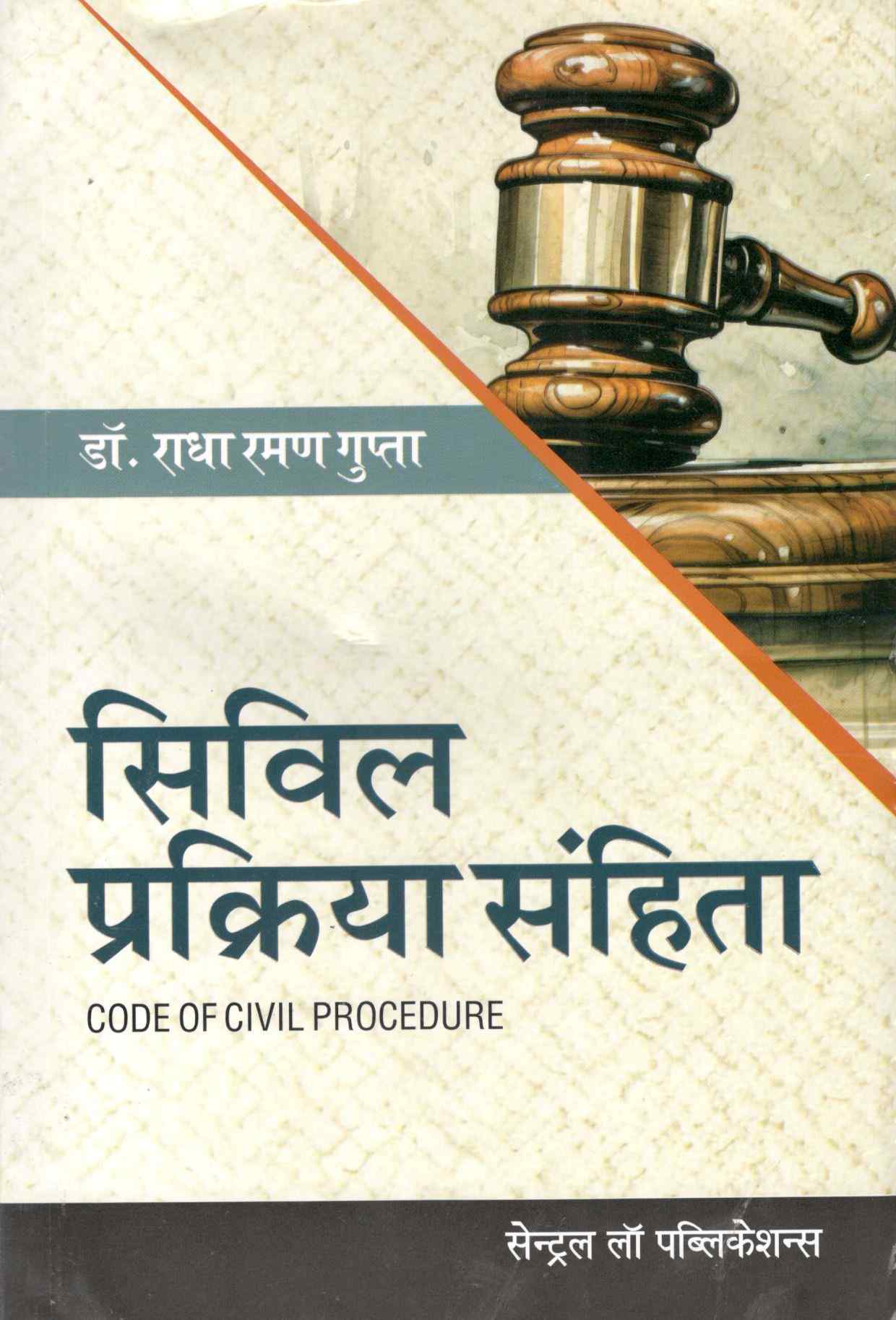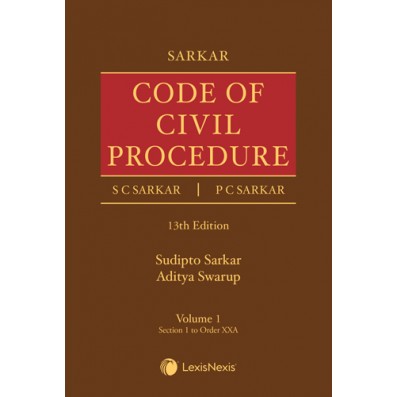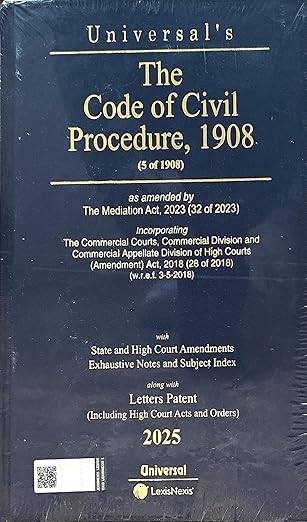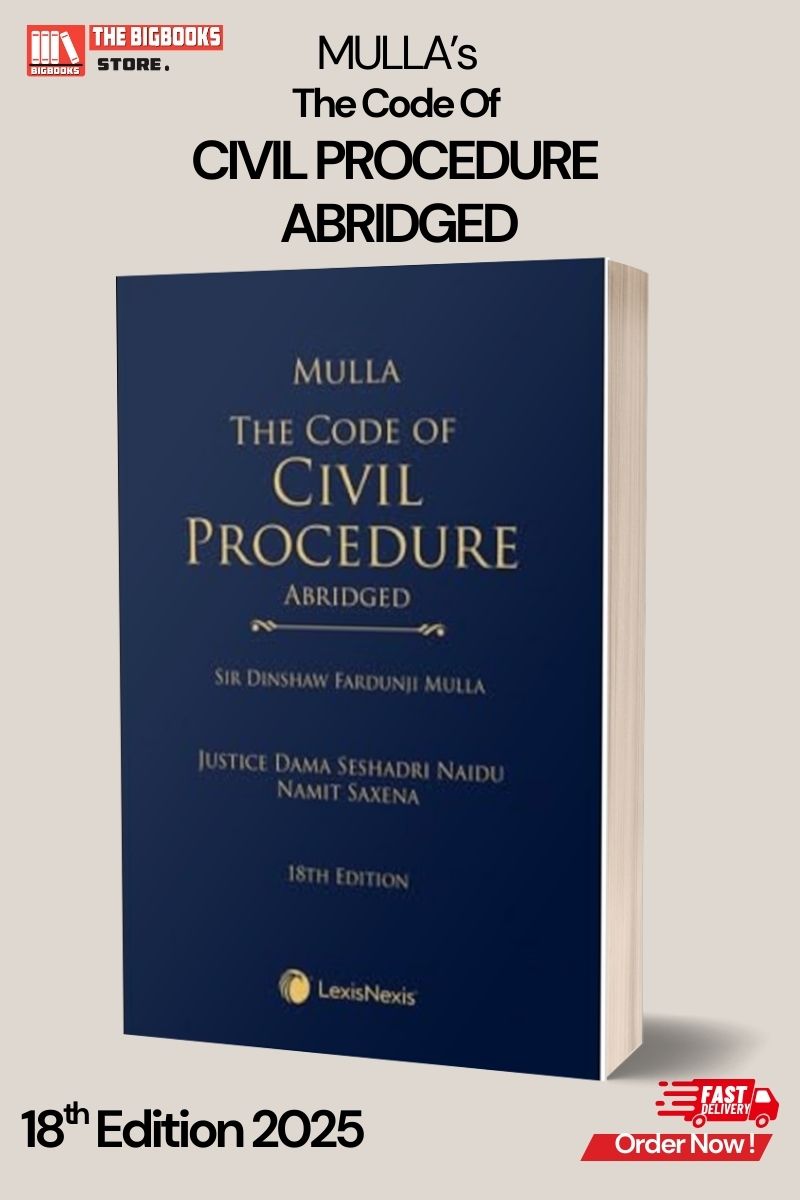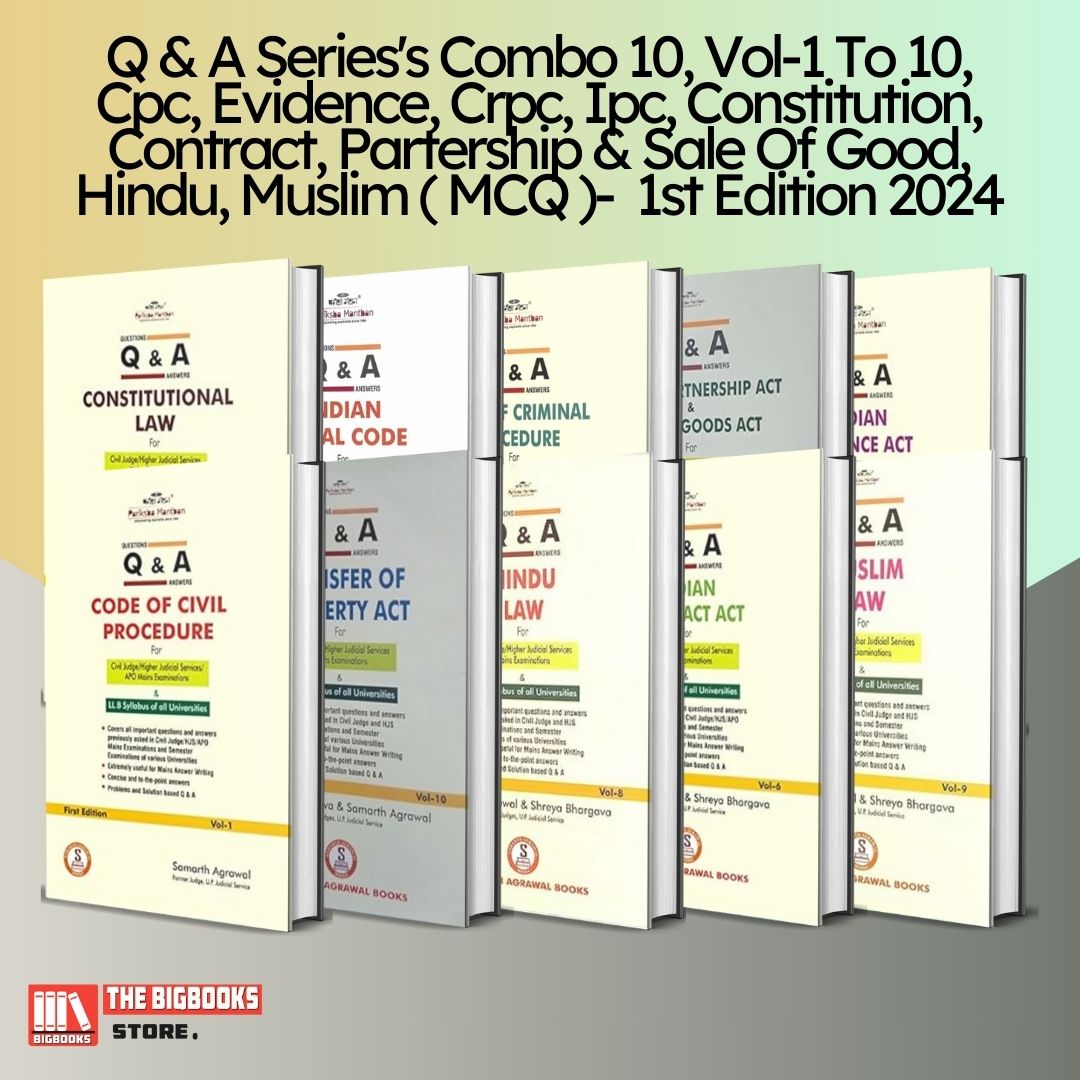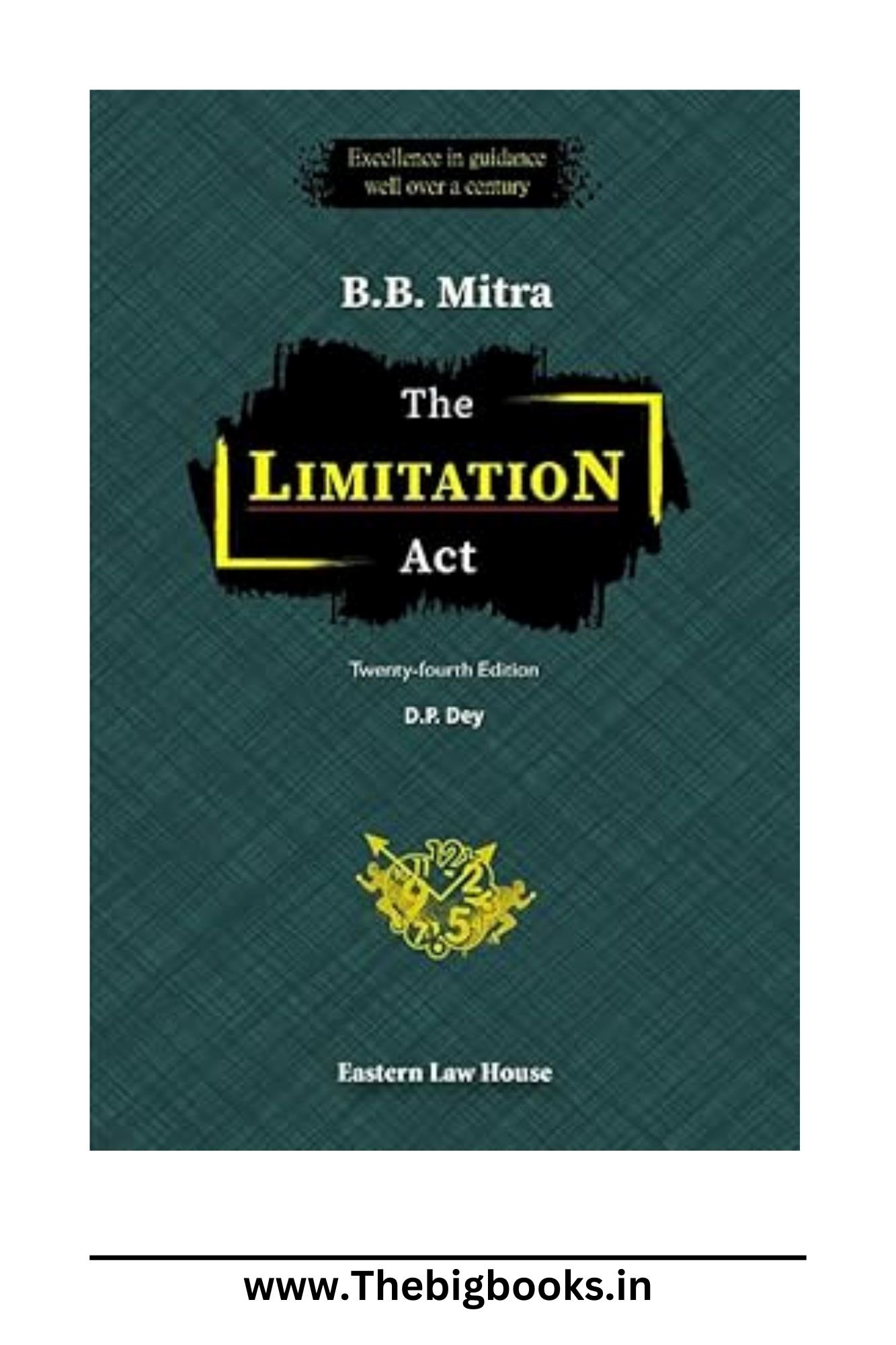Rejection of Plaint (A Fundamental Element In Disposal Of Suit) - Latest 2024 Edition.
| Author : | YOGESH V NAYYAR ADVOCATE |
|---|
Key Grounds for Rejection of Plaint:
-
Non-Disclosure of Cause of Action:
- The plaint must disclose a valid cause of action (i.e., facts showing a legal right violated). If no such cause is present, the plaint can be rejected.
-
Failure to Adhere to Legal Provisions:
- If the plaint does not conform to the requirements of the CPC or other relevant laws (such as limitations, jurisdiction, or procedural rules), it can be rejected.
-
Frivolous or Vexatious Suit:
- The plaint is liable to be rejected if the court finds that it is filed for improper purposes, such as to harass or delay, or if it is legally untenable.
-
Jurisdictional Defects:
- If the court lacks jurisdiction to entertain the suit (either territorial or subject matter jurisdiction), the plaint is subject to rejection.
-
Barred by Law:
- If the suit is barred under any law (for instance, the limitation period has expired or the suit is precluded by other substantive laws), the plaint can be rejected.
Process of Rejection:
-
Application for Rejection: A party can file an application before the court to seek rejection of the plaint. This can be done even before the defendant enters their appearance.
-
Court’s Discretion: The court exercises its discretion based on the facts and merits of the case. It is not a mechanical process but involves a careful examination of the plaint.
-
Opportunity to Amend: If the court finds defects in the plaint, it may provide an opportunity to the plaintiff to amend the plaint. However, if the defect is incurable or the case is clearly non-maintainable, the plaint may be rejected outright.
Recent 2024 Updates:
-
Emphasis on Timely Disposal: Recent reforms stress quicker disposal of cases, with rejection of plaint being seen as a means to streamline litigation and weed out unmeritorious claims early in the process.
-
Digital Courts: With the growth of online litigation, the rejection of plaint process is becoming more digitized, allowing for faster submissions, reviews, and orders.
-
Increased Scrutiny of Public Interest Litigation (PIL): Courts have become more stringent about rejecting PILs that do not meet the threshold for public interest or lack legal substance, avoiding misuse of the process.
-
Rejection for Non-Compliance with COVID-19-related Directives: Some courts have also ruled that plaints must comply with pandemic-era procedural guidelines, such as electronic filings, to avoid rejection.







